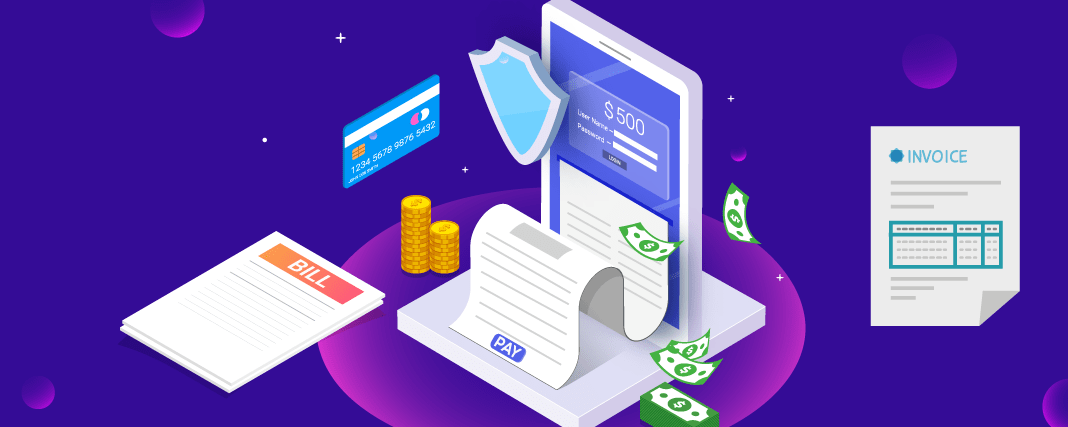A Bi-Weekly Pay plan is usually determined by the business and payments are made on a pre-determined day, twice in a month. It is a common pay schedule used by some employers.

Learning the ins and outs of this pay plan and other pay plans is necessary when searching for a new job. It helps you know what you’re signing up for and helps you make an informed decision.
Looking at a bi-weekly payroll calendar, employees tend to receive 26 paychecks in a year, and possibly 27 in a leap year. State laws require companies to pay employees at a specific period and prescribed interval. The minimum pay frequency is determined by state laws, however, businesses tend to pay regularly.
Bi-Weekly vs Semi-Monthly
Although, bi-weekly and semi-monthly pay plans are similar there’s a difference:
• Bi-weekly means you get paid on the same day every other week, while semi-monthly means you get paid twice a month. For semi-monthly payments, an employer can decide on two separate dates in the month to pay you, for example, the 15th day and 30th day of every month.
• Semi-monthly pay results in 24 paychecks in a year, while bi-weekly results in 26 or possibly 27 in a leap year.
• When you get paid semi-monthly, you receive more per paycheck but two or three fewer paychecks, whereas bi-weekly paychecks’ values are slightly lower but you receive two or three more.

The Advantages of Bi-Weekly Pay
One disadvantage of a weekly pay plan is human error, since there’s more paperwork takin place on a weekly basis.
Meanwhile, Payroll and Human Resource Administrators find bi-weekly pay plans really convenient for the following reasons:
• Bi-weekly pay plans reduce the time spent on payroll processing.
• Smooth update of payroll records.
• Bi-weekly payroll helps simplify workload by reducing HR’s burden of tracking and accounting for taxes.

Other advantages of bi-weekly paychecks:
• More paydays: bi-weekly paycheck means two (or three) more paychecks than semi-monthly pay.
• Better Budgeting: you’re able to plan your expenses better, compared to other pay plans where you don’t know when to expect to be paid.
• Consistency: payday happens on the exact day as planned every other week, no delays. You know when you will receive money.
How Does Bi-Weekly Payroll Work?
• An employer decides on a specific day to pay employees. For instance every other Thursday.
• Salaried workers receive the same amount with every paycheck.
• Hourly-paid employees’ paycheck amounts will vary according to the hours worked.
• An employer distributes paychecks approximately five days after a pay period has ended to allow time to process the hours worked and deduct taxes. For this reason, a new employee will sometimes receive their first paycheck after three weeks, even if they’re on a bi-weekly pay schedule.
Conclusion
A bi-weekly pay plan is great for individuals who like to have money all the time since it helps you budget well. RemoteTeam’s blog has provided you with all the information you need to determine whether a bi-weekly pay plan will be the best choice for you.
how-to-automate-payroll-using-transferwise-and-remote-team-platform




